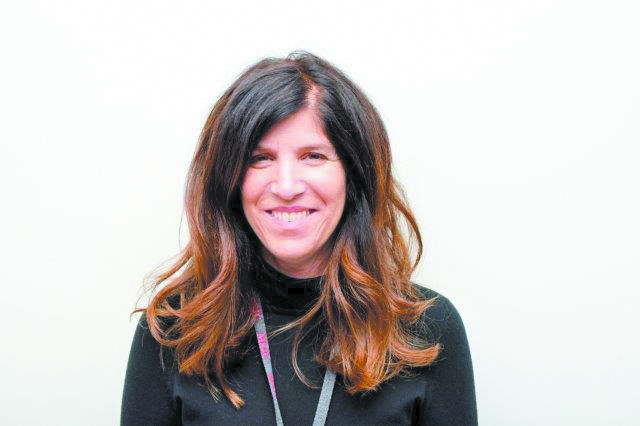Adult education prepares students for tech-savvy job market

In today’s job market, it’s hard to find a job that doesn’t involve a computer in some way. No matter the industry, digital literacy is no longer an optional skill for employees or job seekers to have.
“I was a manager 30 years ago, I spent 10 years in business management and I taught people how to interview. That was a whole different world then,” says Amy Campbell, director of adult education at Mt. San Jacinto College. “Every job is online. … How to interview and how to apply now is online.”
Fortunately, adult education programs offer a variety of digital literacy courses and opportunities. There are courses designed for beginners with no computer experience, software program certifications for professionals, as well as pathways for students looking to start a career in computers or information technology.
“Every field, every position has some aspect of digital literacy.”
Amy Campbell, Director of Adult Education, Mt. San Jacinto College
“We have digital media classes and we actually make them for entry (level students). As long as you know how to turn on a computer and send an email, you can take digital media and all of a sudden be able to create PowerPoint slides,” Campbell explains. “‘Intro to Digital’ is actually a non-credit class that leads into the credit pathway. … (It’s) a good entry for credit students who don’t have the skills … and our students who are interested in that field.”
Campbell notes that while some students want to start a career in computer technology, many are looking to incorporate those skills into other fields and educational goals. To include those students, many adult programs embed computer usage in other courses such as business, high school diploma and equivalency programs (GED), and English as a Second Language (ESL) classes. This ensures students who need to increase their computer skills aren’t excluded due to language or access barriers.
“We used to do (GED testing) on paper, but we started doing it online because when they had to take the actual GED test online, they felt more comfortable,” she says. “ESL students, when they had to take the tests for our class, they would take them online and their level of basic skills on the computer rose.”
Adult education programs enable students to build better lives for themselves. In today’s world, that means knowing how to work a computer.
“Every field, every position has some aspect of digital literacy,” Campbell says. “I think we would be irrelevant or out of touch if we didn’t include that in all instruction because now is a necessity. … We want to do right by our students.”
For more information on adult education in Riverside County, visit www.adulteducationriversidecounty.com.
Written by Anne Stokes
| Regions | Classes & Topics |
|---|---|
| South Coast California | Careers in Business-Technology |